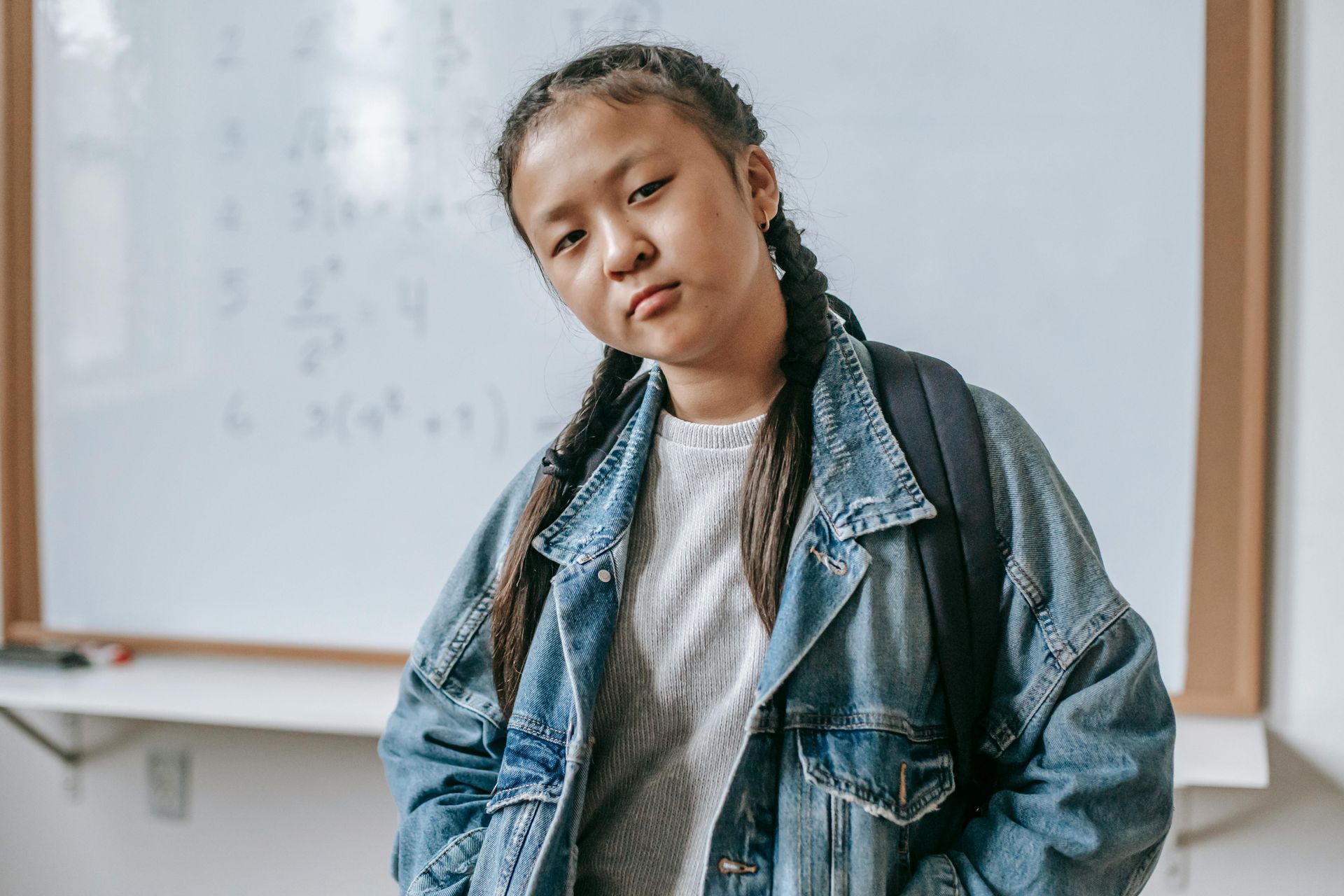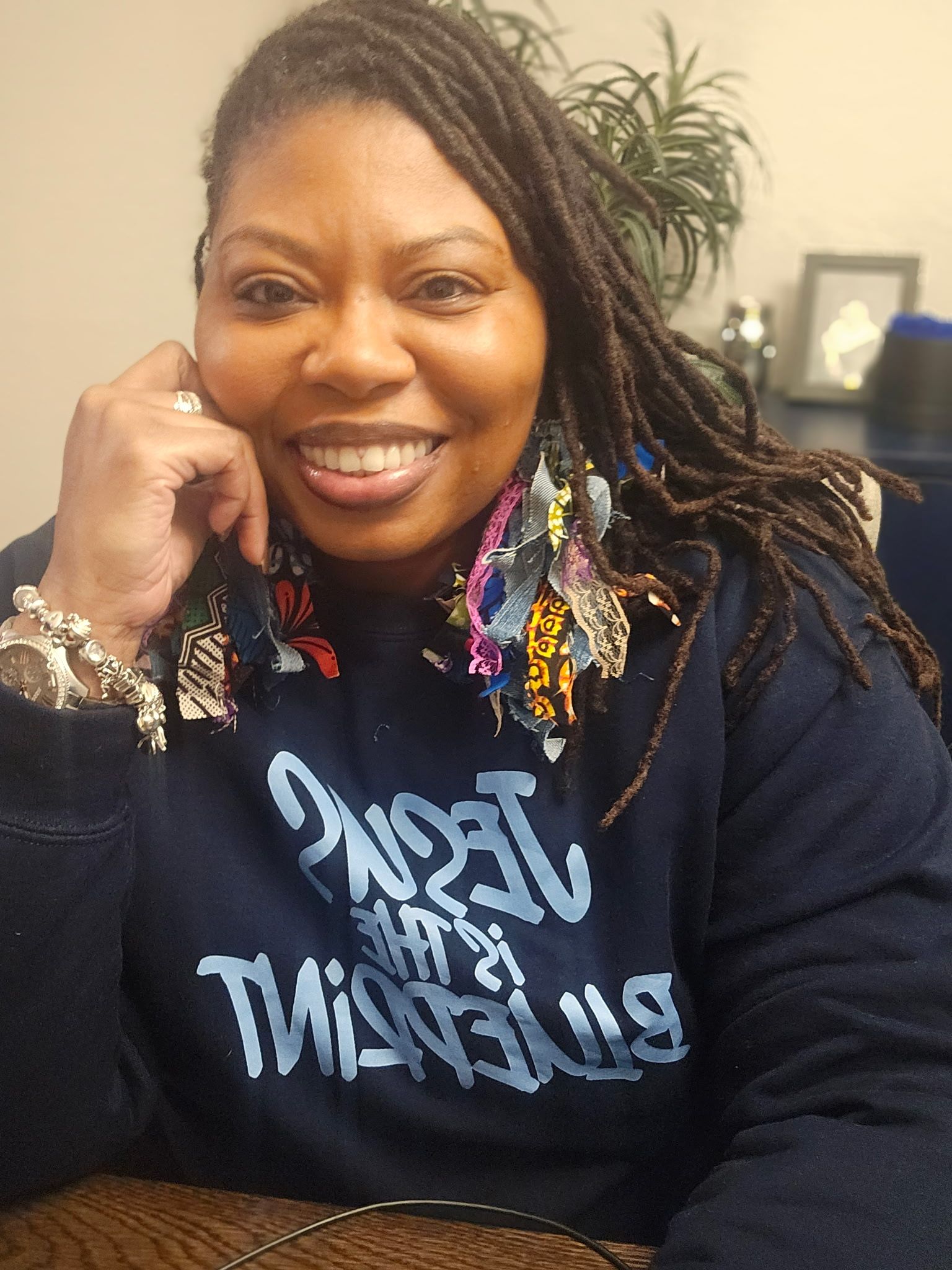April Story of Hope: Gabby & Lilly
Advocate Impact Story
Monique Thibodeaux was sworn in as a CASA advocate in June of 2019. She became the advocate to two young girls, Gabby (13) and Lilly (10), in September of 2019. Once she was assigned she quickly went to work and began making contact with family, CPS, attorneys, and of course, the girls. The two children were brought into care due to alleged physical abuse by their mom; Gabby was seen with bruises on her legs, shoulders, and wrists, and domestic violence between mom and her paramour. The children were placed with their maternal grandmother in August of 2019 at the time of removal. The case was accepted into Family Drug Court which is a specialty court that works with the parents that suffer from drug or alcohol addiction very extensively. During the Drug Court monitoring, Monique was in attendance to every court hearing and apart of every staffing that drug court held. Monique shared her observations and objective opinions on the children.
From the beginning of the case, the mother did not seem to be really be engaged or eager to work the services to get her children back. She was eventually expelled from drug court for not cooperating with the services being asked of her by the judge. At this time Gabby was having some behavioral issues at school for fighting and Lilly had an incident where she had in-school suspension and she was a victim of bullying.
Grandma would communicate with Monique asking for help or suggestions on what to do with the girl’s behavior in school. Monique came up with alternatives and asked CPS and her CASA supervisor for guidance as she did not want a placement breakdown. Monique kept in contact with Lilly and Gabby more often than the once a month requirement and formed a great relationship with the two girls. In order to provide the court with the most accurate information, Monique followed up and had great communication with therapist, attorneys, family members, teachers, caseworkers, and case managers.
During the last few months before trial it seemed that Gabby was having more and more behavioral problems that ended up causing her to have severe bouts of suicidal thoughts and self-harm, which in turn led to her being hospitalized numerous times. Monique visited and spoke to her on a weekly basis at every new RTC or hospital she was placed at. She constantly communicated with CPS, the Ad Litem, and her supervisor to keep them updated on Gabby’s status and also tried to come with a plan to get her rehabilitated. This was also around the time that Gabby had been communicating with her mother which is believed to have caused her to have those emotions.
The case initially went to trial in January 2021 but the mother’s attorney wanted more time for his client. The mother did not believe that she should lose the rights to her children even though she did not complete her Family Plan of Service. The judge decided he wanted the mother and the grandmother to attend a family counseling session together. The trial was reset for February 2021 and mom testified that it would be in her daughter’s best interest if she relinquished her rights and allowed her mother to adopt the girls. The mother testified that she knew they were in a better home and that her mother would take good care of them.
Gabby is still currently placed at an RTC and is doing so much better than any placement or psychiatric hospital she’d be in. She has a long way to go but Grandma and Monique are very hopeful that she will be home soon and join her little sister Lilly, who is thriving and doing so well in school. Thanks to Monique’s consistent and constant communication even to this day, the girls have someone to give them a voice when they didn’t believe they had one.

In December 2024, the Department requested TMC for a youth, Zoe, who was found to be homeless after both parents refused to accept parental responsibility. The mother had an extensive CPS history, and the alleged father had CPS history and a criminal history. While in care, life became challenging as Zoe made decisions that jeopardized placement; choosing to skip school, run away from placement, and get arrested for a misdemeanor charge. As a result of these behaviors, the Department placed Zoe in a facility out of state. In August 2025, Staff Advocate, Yvonne, accepted the Crossover Court Case involving Zoe. During the initial Zoom meeting between Yvonne and Zoe, the youth shared her love for sketching, singing, and making people smile. Zoe further shared her hopes and dreams with Yvonne; stating that if parental rights were terminated, she hopes to be adopted by a loving family and wants to pursue her dream of having a career in law enforcement. Recently, Yvonne had the opportunity to visit Zoe at her out-of-state placement, where their conversations were not limited by time on a video call. When Yvonne met Zoe in person, she shared that she couldn’t sleep the morning of Yvonne’s arrival because she feared that Yvonne would be another adult who did not show up for her. Yvonne was able to lay that worry to rest by simply keeping her word, a small act that means the world to the children CASA serves. During the visit, Zoe shared that she wanted to make her CASA proud by improving her school grades, staying out of trouble with peers at placement, and staying busy with extracurricular activities. Yvonne was happy to hear Zoe share her aspirations and encouraged Zoe to continue on this positive path. The conversations about Zoe’s day-to-day happenings in life led her to share the more traumatic events with Yvonne. Yvonne listened and provided a space for Zoe to share what she was comfortable with. Yvonne encouraged Zoe to continue processing her trauma and grief with her therapist and find peace, past the pain of being estranged from her family and individuals whom she trusted. Despite the setbacks Zoe has endured in efforts to restore family connections, Yvonne continues to show up and support Zoe in self-advocating for her educational and placement needs as she approaches adulthood. Zoe’s educational goal is to attend her senior prom and walk across the stage at a public high school to receive her diploma. Most importantly, Zoe hopes to be placed in a Texas foster home where she will be protected, loved, and trusted. Regardless of where life and the case takes Zoe, Yvonne will be there at every turn.








